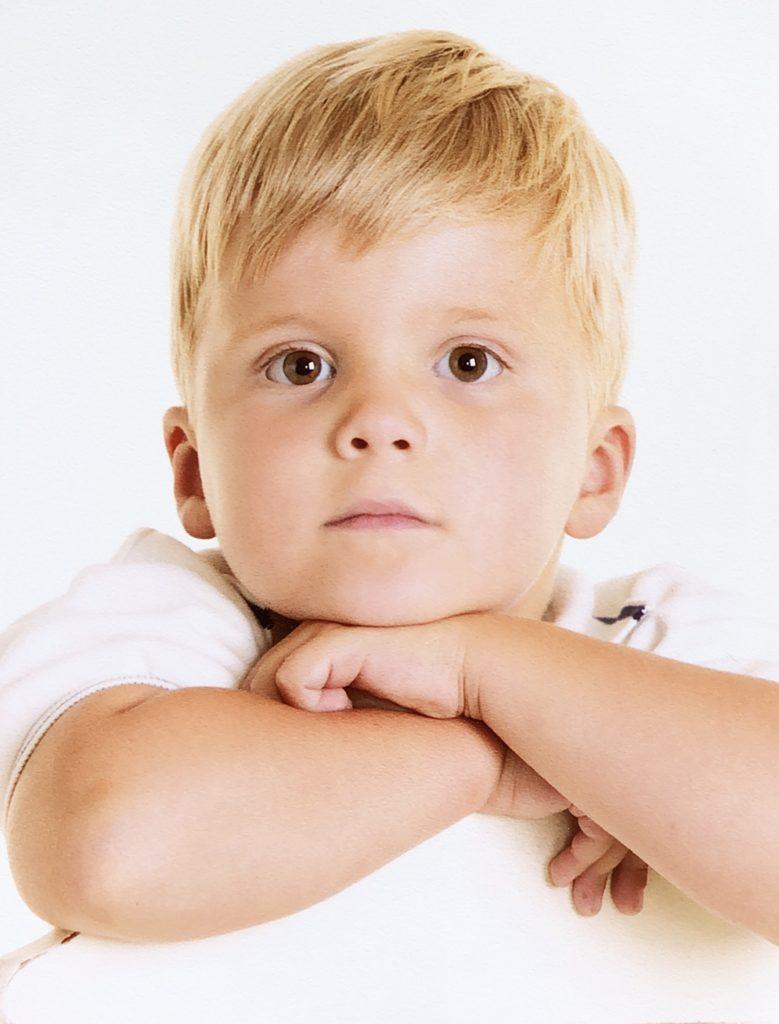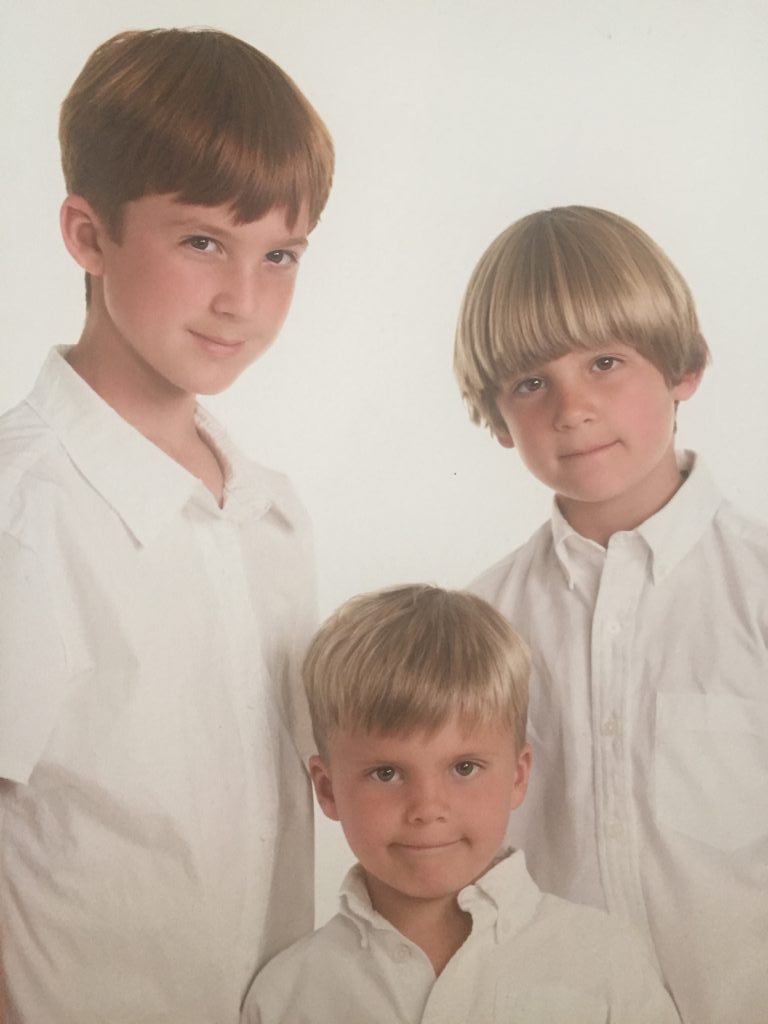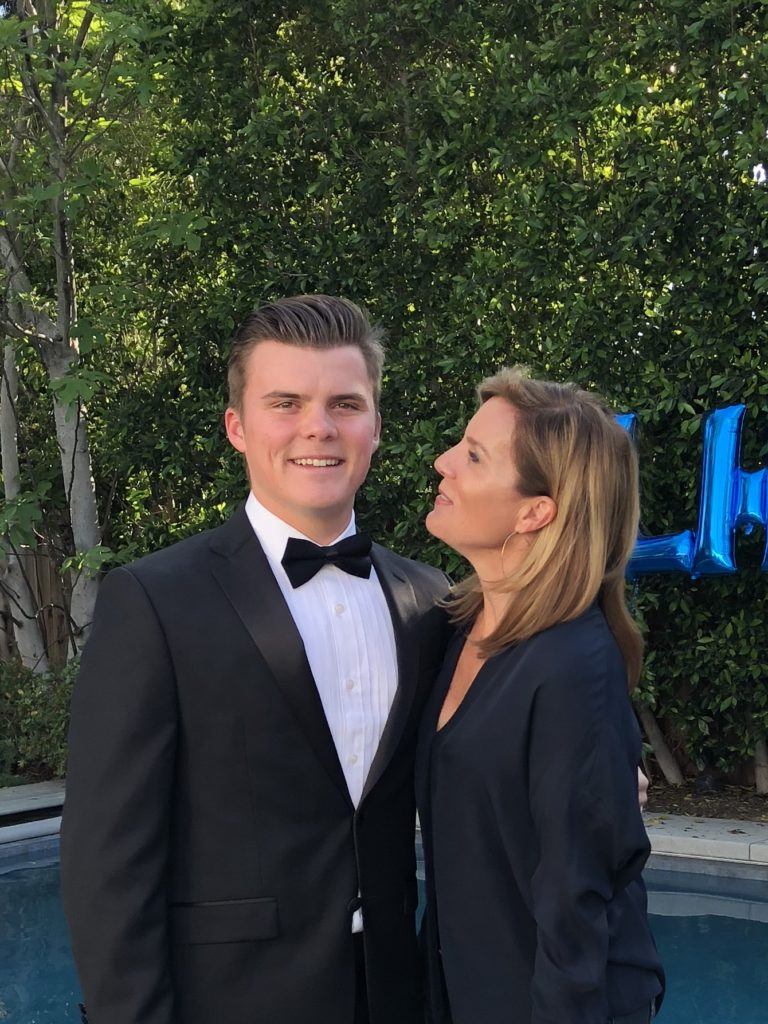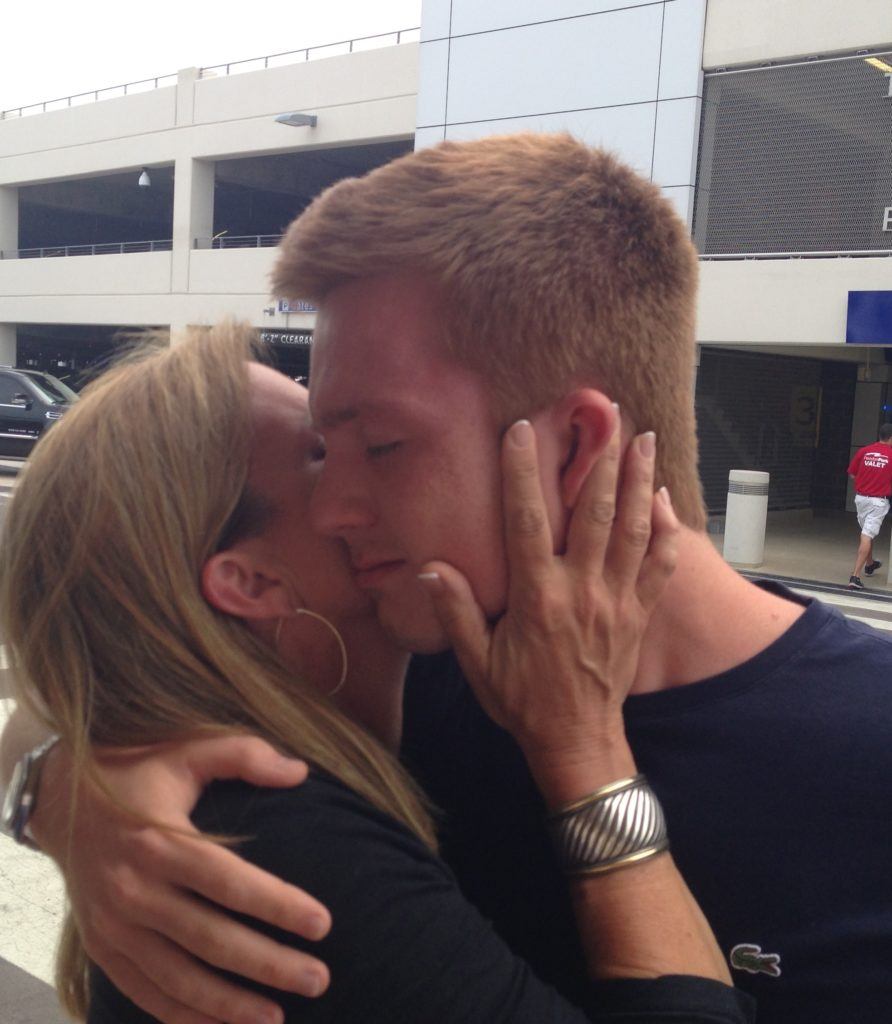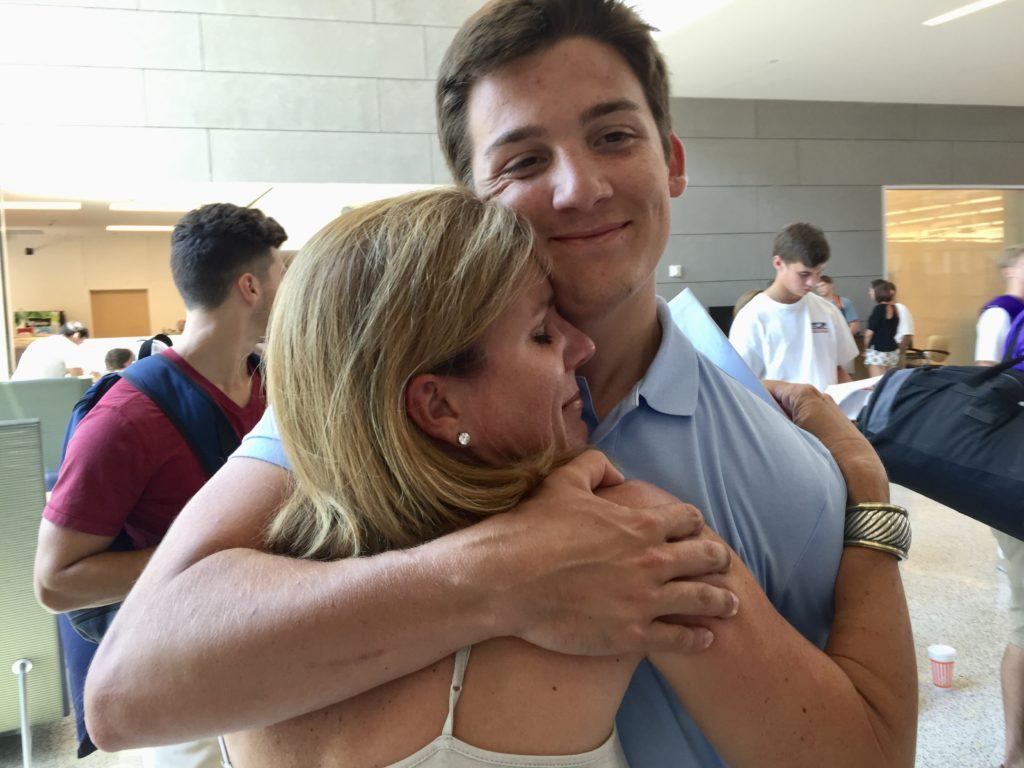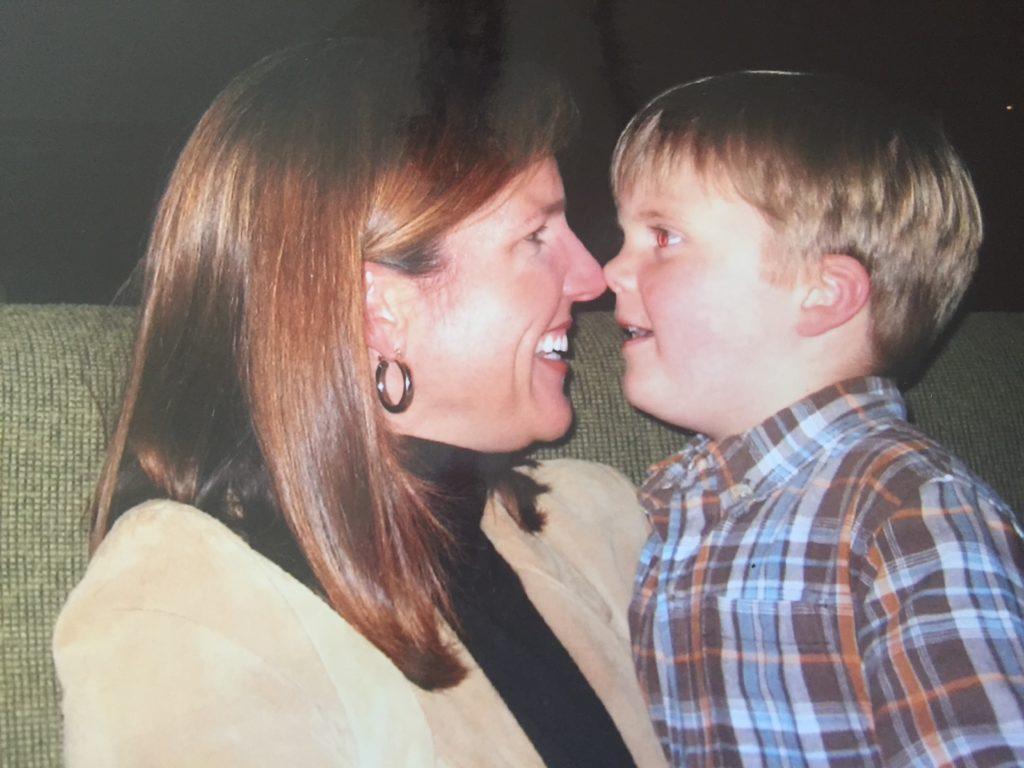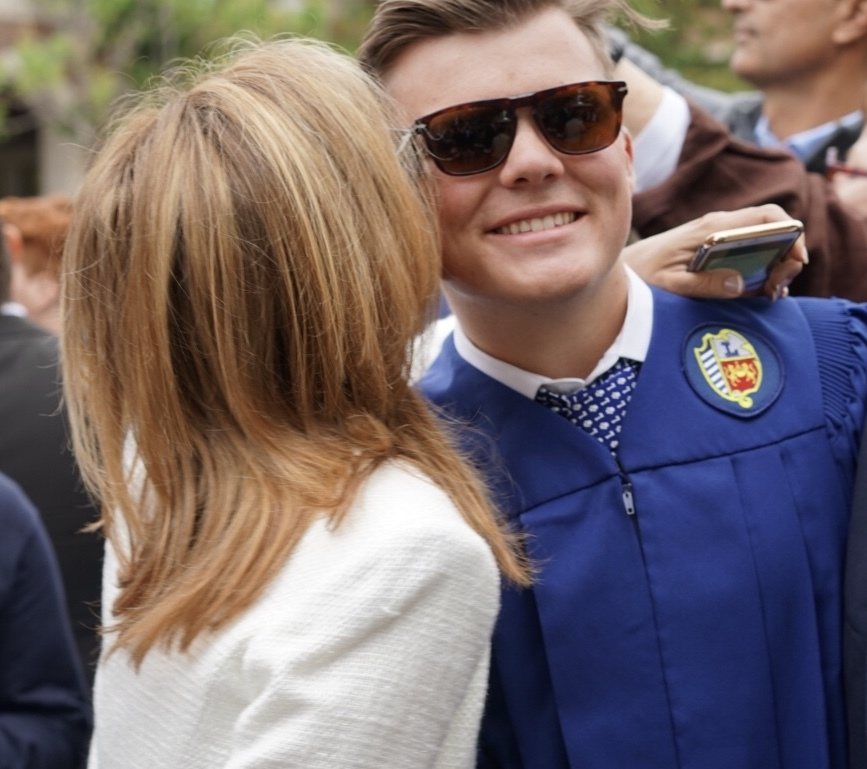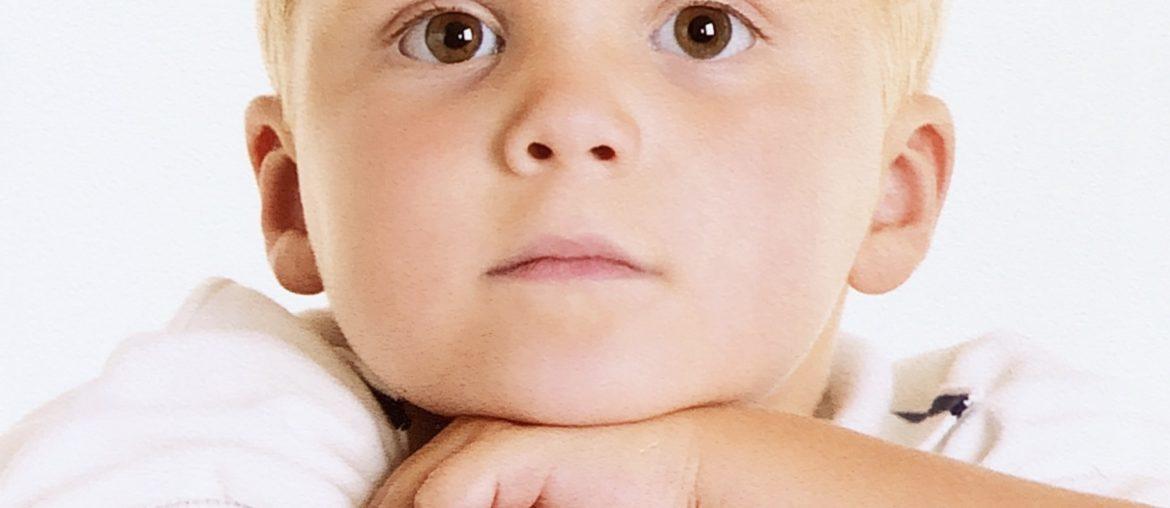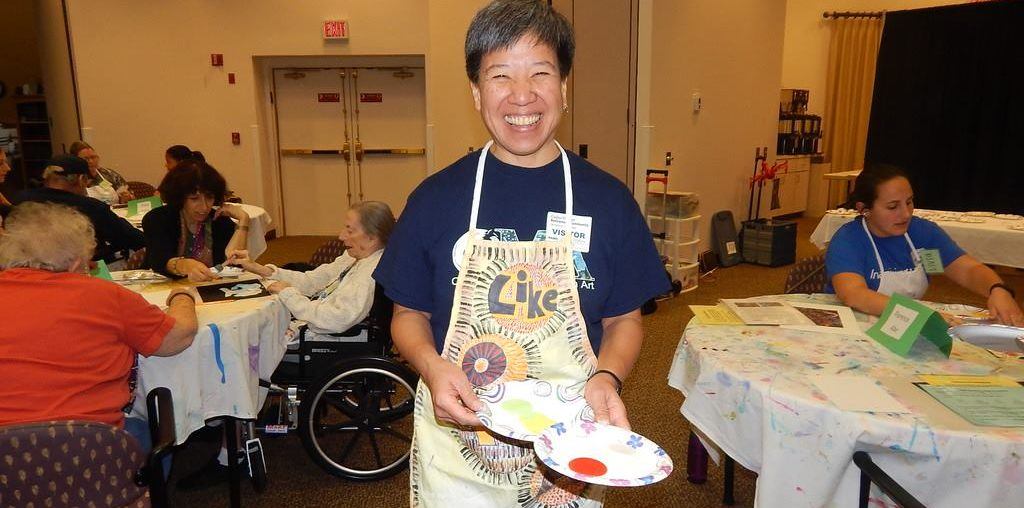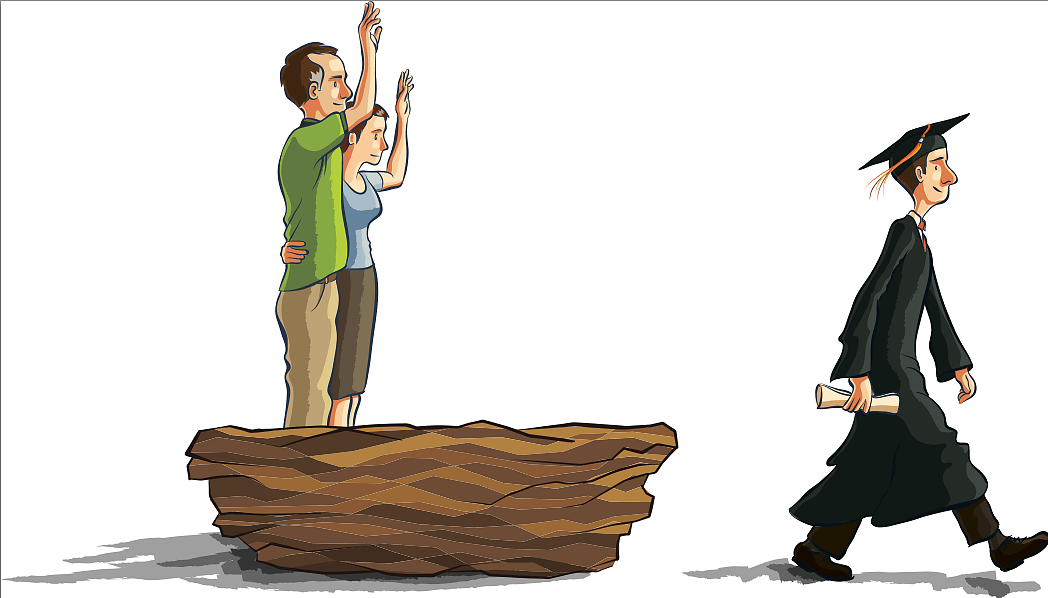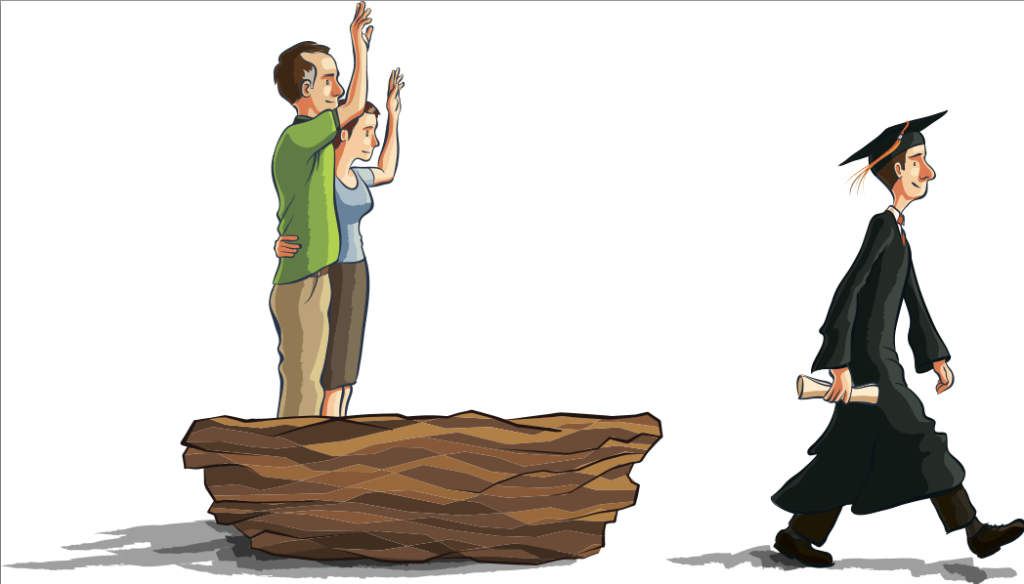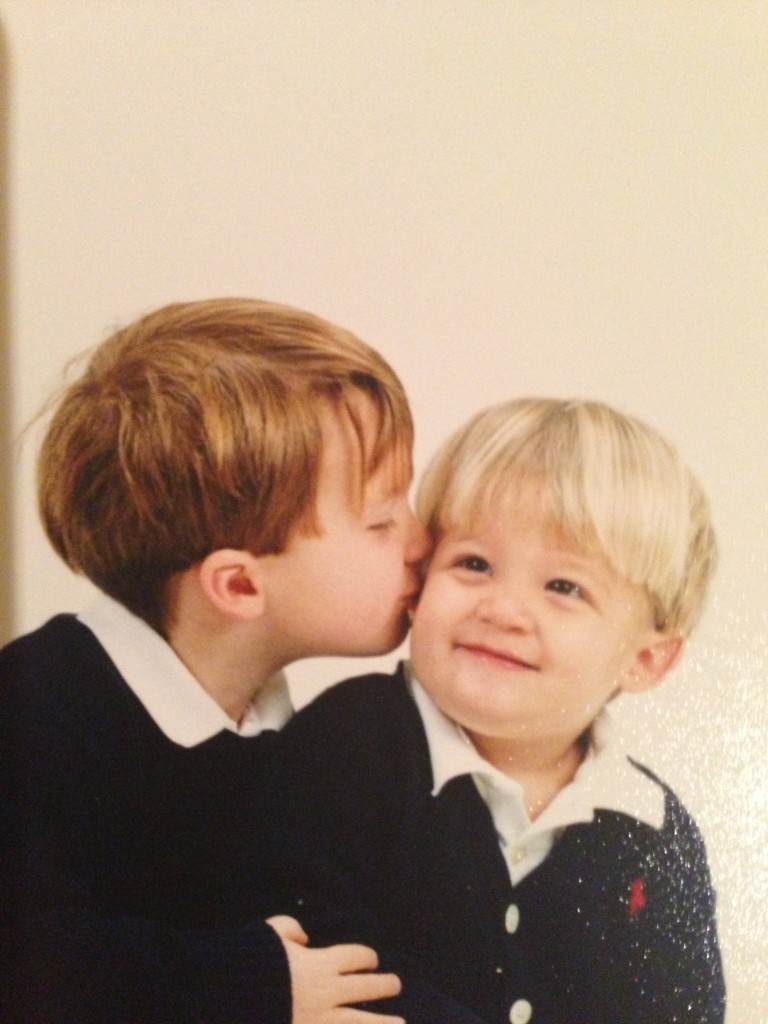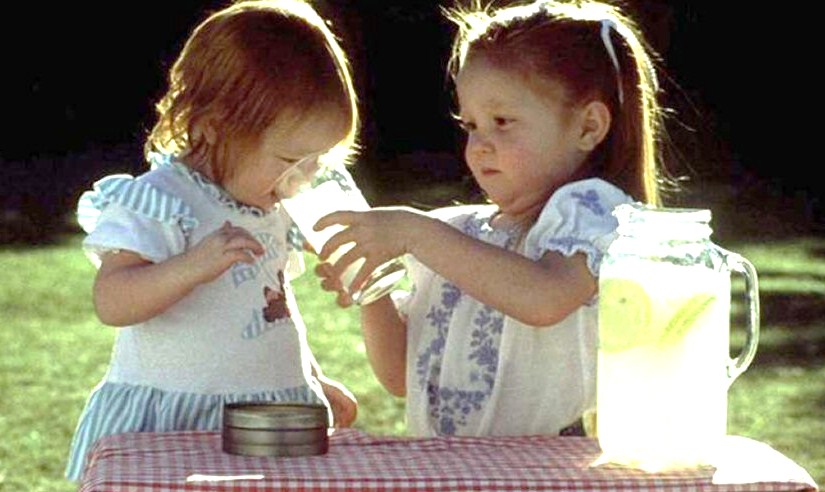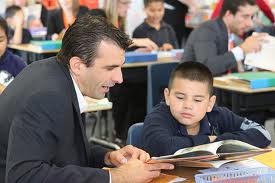“Sometimes you will never know the value of a moment until it becomes a memory.”
Dr. Seuss
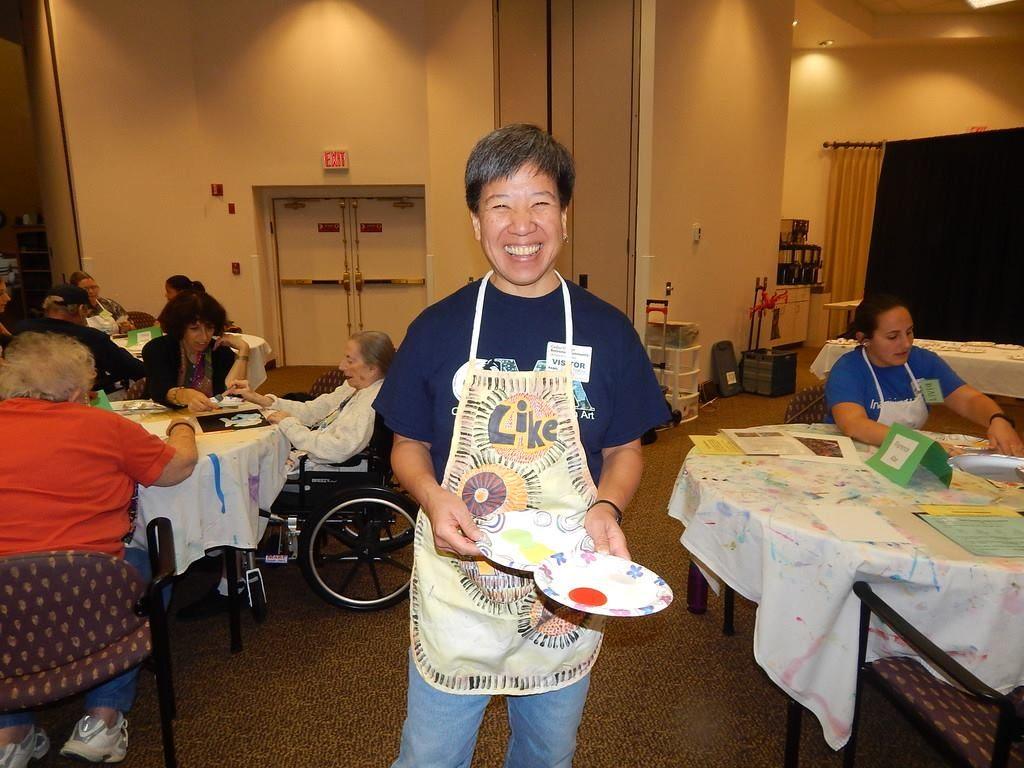
Almost a decade ago I made the most amazing friend through a wonderful happenstance. I was filming a fundraising video for my alma mater and the filmmaker, Noah Applebaum, was so talented, compassionate and smart that I asked him to help me with another nonprofit project, and then another and then another. Through the years Noah’s heart has shown through in a multitude of nonprofit videos we have worked on together and our friendship has been a wonderful gift. Last week Noah told me about this incredible documentary film that he is now fundraising to make for an Alzheimer’s program called OMA, which stands for Opening Minds Through Art.
Noah’s late grandfather had gone through the program and Noah wanted me to meet the nonprofit’s founder, Dr. Elizabeth Lokon. We had an incredible conversation and it became abundantly clear why Noah wants the world to know about this remarkable woman and her journey to give the elderly an opportunity to express themselves through art once dementia has left them without a voice. If anyone can tell their story it is Noah. Talking to Dr. Lokon was beyond inspirational and a privilege.
Opening Minds through Art (OMA) from NoahApplebaum.com on Vimeo.
Charity Matters: Tell us a little about what OMA does?
Dr. Lokon: Opening Minds Through Art (OMA) is an intergenerational art making program for people with Alzheimers disease. The program provides opportunities for creative self expression for people with dementia.
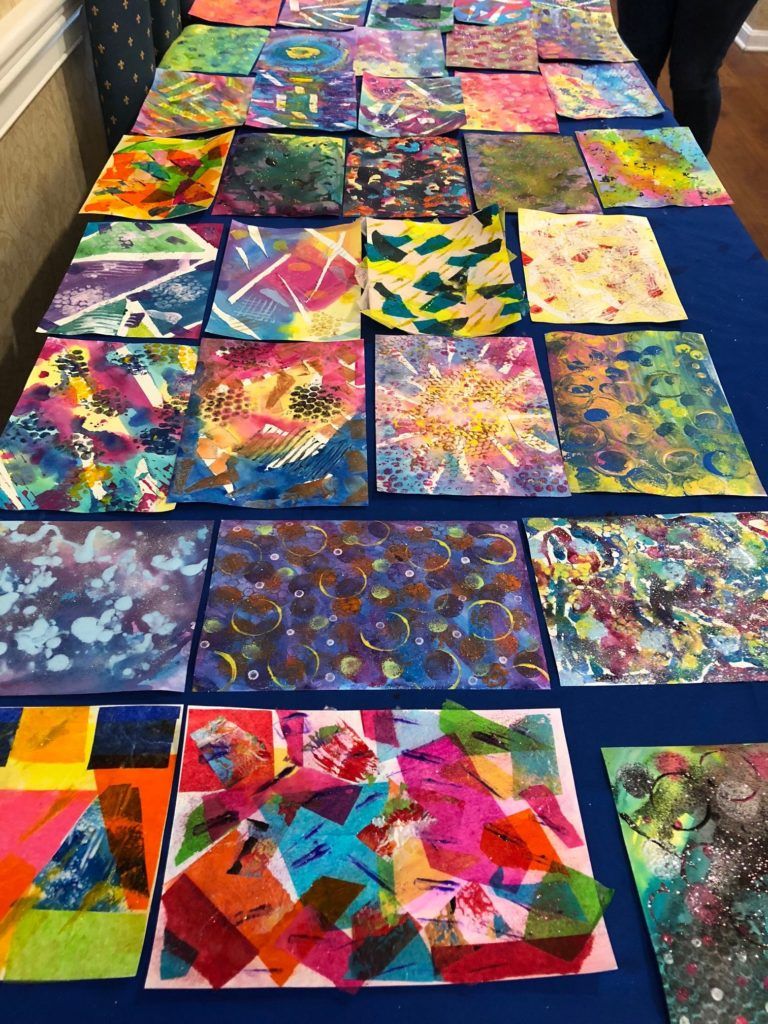
Charity Matters: What was the moment you knew you needed to start OMA?
Dr. Lokon: I had my Master’s Degree in Fine Art and got my PhD in 1997. I had been teaching teachers in Japan from 2000 to 2006 and I had a student club called MICA where we did service for a number of causes. We cleaned beaches, bought toys and were very involved with an organization that prevented sex trafficking of Cambodian children through education. When my husband retired he said to me, “What do you want to do now? Our kids are grown.” I knew that I wanted to go back to school to make a difference and that my primary goal was to live a life of service.
In education I learned about the first half of life but I knew nothing about the second half, so I decided to study Gerontology. When I came back to the U.S., I moved into a nursing home to learn a new culture, it was like a whole new world and I approached it like an anthropologist. Then I saw people with dementia. They were kept clean, safe and ignored. They were zombies.
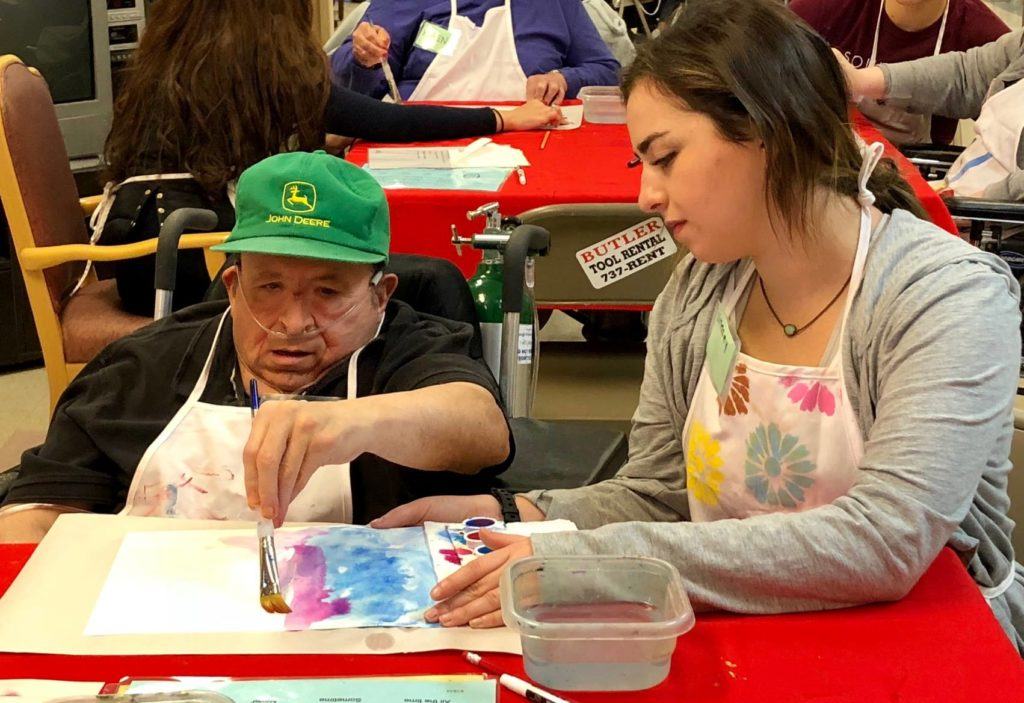
As an educator I knew this was not fair. Children have programs and advocates but with older people there is no one to speak for them. Even with dementia people can have joy. So, I went back to school and worked with a theater program that was for people with dementia. The program used photos to trigger memories to tell imaginary stories. So, in 2007 I asked if I could intern and I moved into a nursing home.
I quickly realized that art was a way of connecting with the patients, like the theater program. Verbal skills may have been impaired but people with dementia could flourish if there wasn’t any language, they could paint. In 2007, I had the idea for OMA.
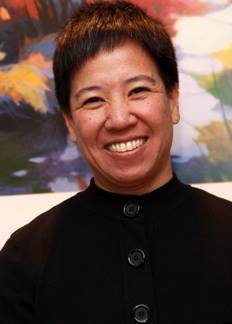
Charity Matters: Did you grow up in a philanthropic Family?
Dr. Lokon: No! I did not. I am Chinese but grew up in Jakarta, Indonesia. When I grew up there was a large gap between the wealthy and the poor. I had to walk through the slums to get to school and I remember on my way home from school as an 8 year old bringing younger children home from the slums just to be bathed.
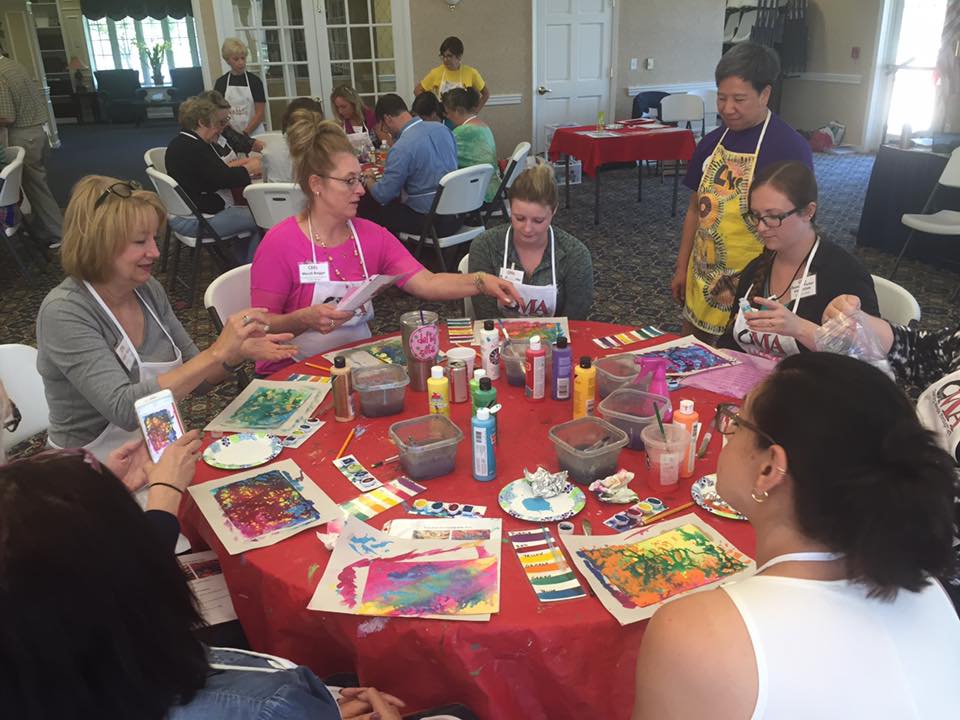
Charity Matters: What are your biggest challenges?
Dr. Lokon: Funding. While we are funded under the Scripps Gerontology Center, an Ohio Center of Excellence at Miami University.Scripps Gerontology Center, an Ohio Center of Excellence at Miami University for operations, the biggest challenge is trying to plan our work and the expansion of our work with extreme financial variability . The other challenge is that I know that our program works and we want to expand our work to other medical schools. We want them to be able to have OMA training. I want to give schools the opportunity to train students to be better health care providers. We need to create awareness to fund this work and it takes a lot of time and effort to make this happen.
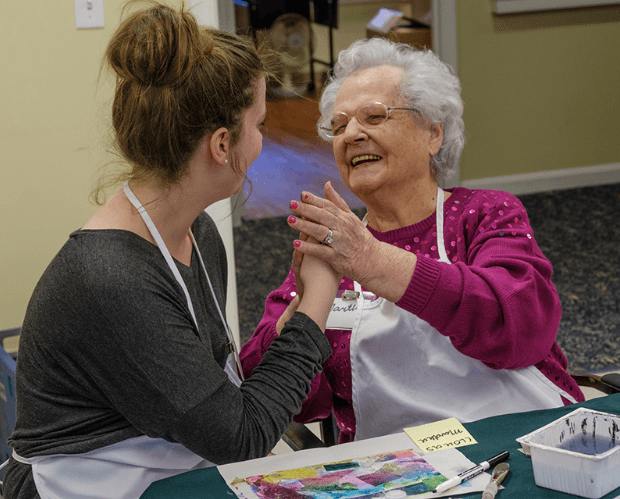
Charity Matters: What fuels you to keep doing this work?
Dr. Lokon: I continue to go to a site each week and I see the magic happen and it keeps me grounded and going.
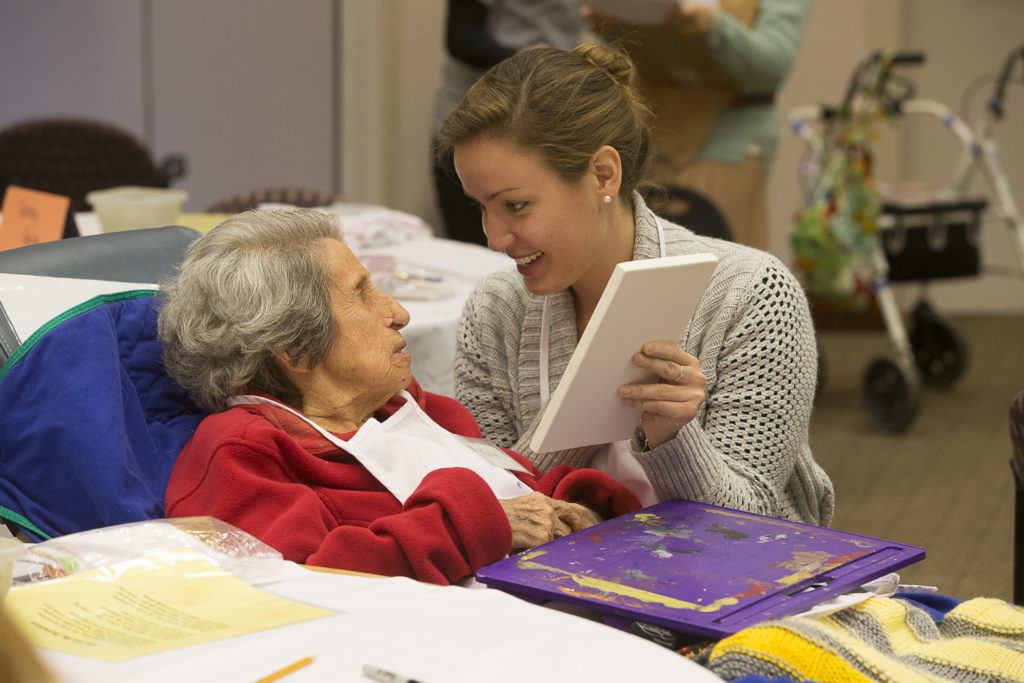
Charity Matters: When do you know that you have made a difference?
Dr. Lokon: Students realize that it is a privilege to be with someone vulnerable with dementia. Students change and see a shift in themselves. The students begin to see themselves differently and value themselves. I know I have made a difference when I see a student put their arms around their partner with dementia and I see the connection between the two. From a distance you cannot tell that that there is dementia because the old and young person look “normal” and that is the power of human connection.
The patient feels normal and in return the student knows they have made a difference. This is something special. The students write in their journals about their experiences and you know you have made a difference.
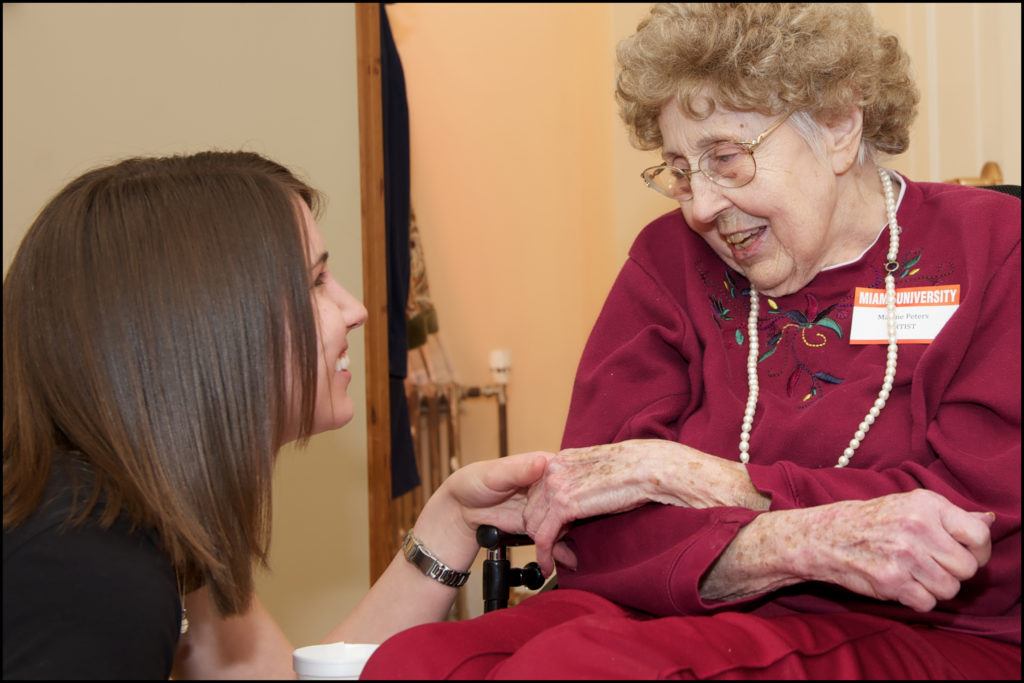
Charity Matters: Tell us about your impact at OMA?
Dr. Lokon: We began the program in 2009 and since that time we have trained over 2,00o students from Miami Ohio alone. We have 150 locations in the United States and Canada that are using our program and are serving eight retirement programs locally. We are currently working with ten universities and their medical/nursing schools to ensure that their students know how to treat those with dementia and communicate with them. When I think of the ripple effect of just the 2,ooo plus students who become kinder to people with dementia. People who no longer dismiss the elderly, students who are more respectful. I think the measure of success is a cultural change within the aging world, one student at a time.
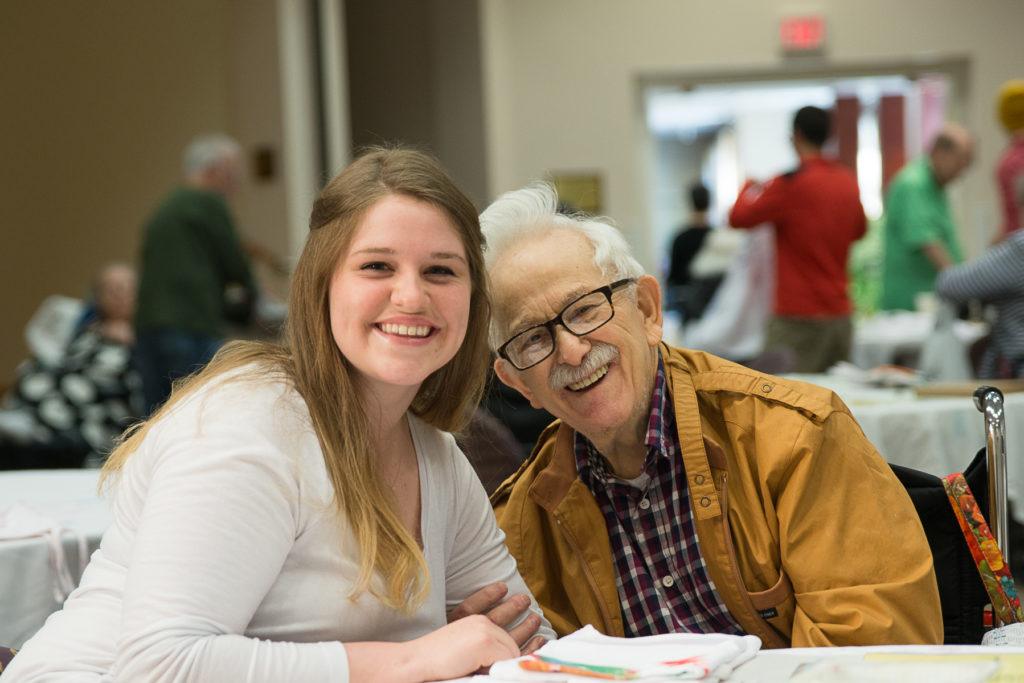
Charity Matters: What life lessons have you learned from this experience?
Dr. Lokon: I have learned there is value to everyone in any stage of life regardless of age, condition or disability. There is a reward in seeing that value and in making a human connection. I have learned the importance of social connection and seeing everyone as worthy of your time, attention and love. In the end, it is just what it means to be human.
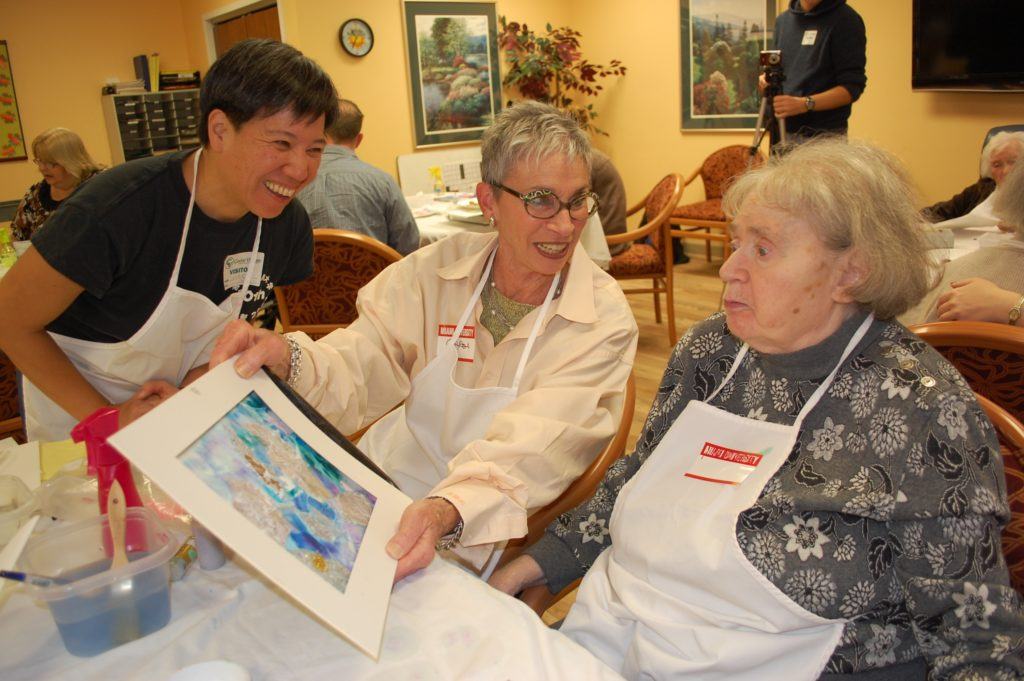
Charity Matters: How has this journey changed you?
Dr. Lokon: This journey has changed me by making me more aware of the deeper purpose of what it means to be together. What it means to connect and how much is really happening in that connection. We are so busy meditating and going to yoga that we are depriving ourselves of the very substance that makes us whole.
Charity Matters
Sharing is caring, if you are so moved or inspired, we would love you to share this to inspire another.
Copyright © 2019 Charity Matters. This article may not be reproduced without explicit written permission; if you are not reading this in your newsreader, the site you are viewing is illegally infringing our copyright. We would be grateful if you contact us.
